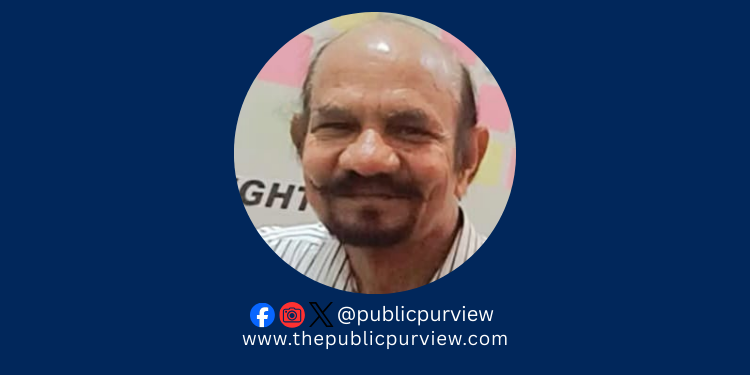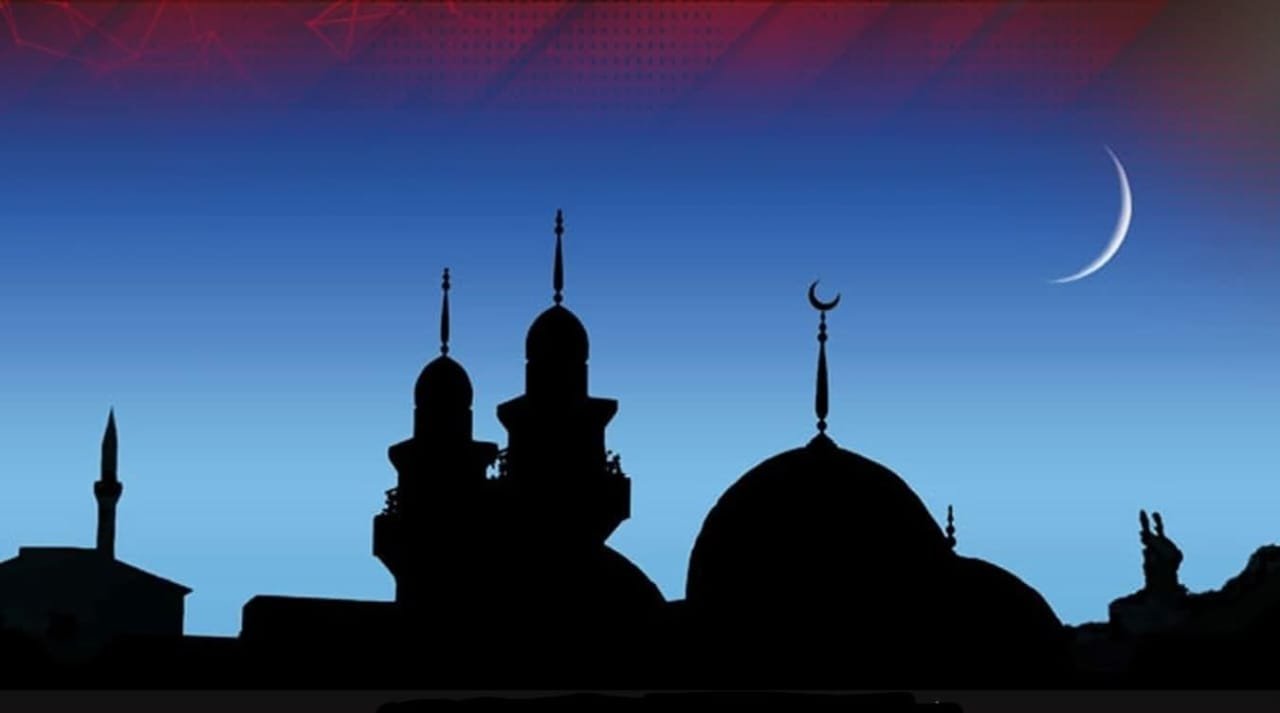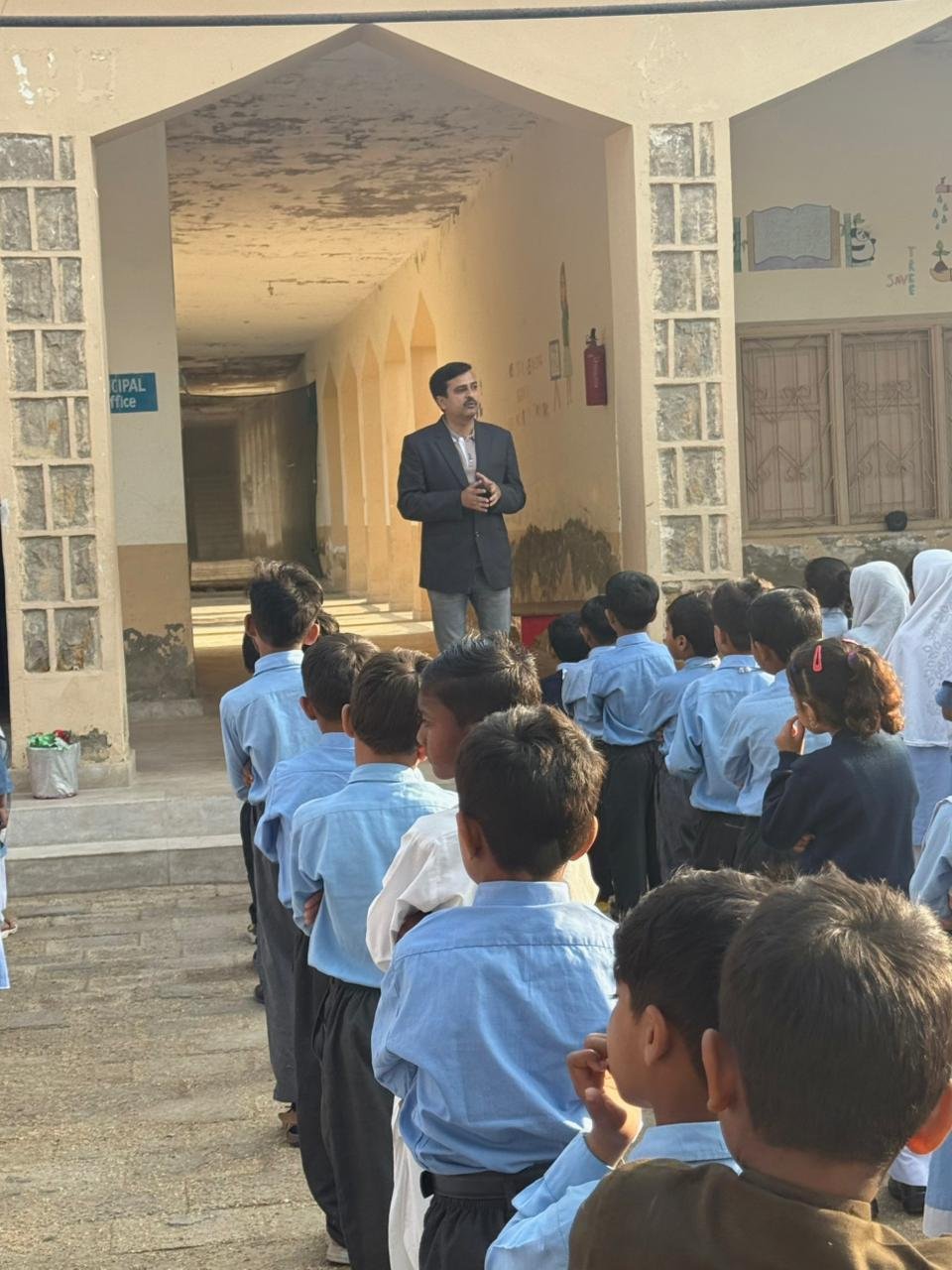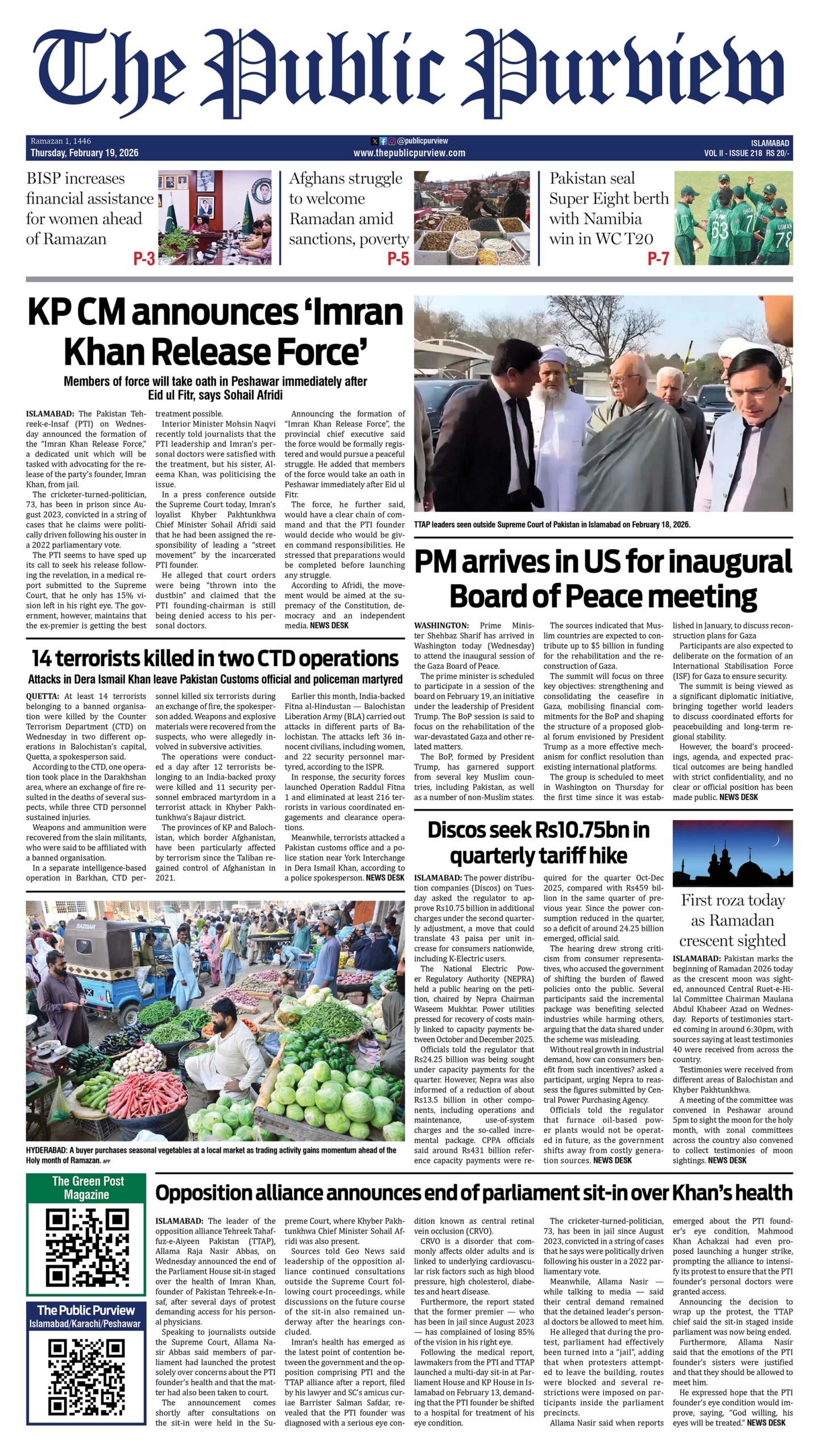By Omay Aimen
Every conflict has two versions of truth: one rooted in lived realities and another crafted to deflect responsibility. When the BBC recently carried an interview with Mullah Yaqoob, Afghanistan’s Defence Minister, it chose to amplify the latter. The conversation was framed as an honest reflection of Kabul’s stance, but in essence, it became a platform for carefully rehearsed denials and evasions. The narrative painted Afghanistan as a misunderstood neighbor while shifting the burden of insecurity squarely onto Pakistan. Such framing is not just misleading; it erases decades of evidence, sacrifices, and bloodshed that Pakistan has endured in the fight against terrorism. Instead of interrogating contradictions, the article softened them into plausible claims, leaving global readers with a distorted impression: that Afghanistan has cleansed itself of militancy and that Pakistan’s concerns are exaggerated accusations. What this selective storytelling ignored is that Pakistan has stood on the frontlines of counterterrorism, absorbing not only human losses but economic devastation, while Kabul continues to provide rhetorical assurances without translating them into verifiable action.
The most striking example of this distortion lay in Mullah Yaqoob’s attempt to blame Pakistan’s own security forces for attacks that originate from Afghan soil. His assertion that militants such as the Tehrik-e-Taliban Pakistan or Baloch insurgent elements should be intercepted inside Pakistan before they reach their targets ignores the foundational principle of cross-border security: that a neighbor’s territory should not be used to incubate or project violence. The safe havens across Afghanistan are not speculative constructs but documented realities, confirmed by intelligence reports, UN monitoring mechanisms, and even by the testimonies of captured terrorists. These sanctuaries provide logistical networks, ideological breeding grounds, and recruitment pipelines that cannot be replicated without territorial space and tacit tolerance. The BBC’s interview, however, let this narrative pass unchecked, presenting it as a legitimate grievance rather than what it truly was: a deflection to disguise Kabul’s complicity. The burden on Pakistan has been immense. From the carnage in Peshawar’s Army Public School in 2014, to repeated market bombings and attacks on security installations, the chain of terror often traces back to Afghan sanctuaries. Yet in the interview, Pakistan was subtly cast as a negligent state, while Afghanistan donned the cloak of an unfairly maligned victim. This inversion of reality is not harmless; it undermines the global community’s understanding of who is fueling instability and who is paying the price.
Equally troubling was the attempt to whitewash Afghanistan’s ties with transnational jihadist groups. Mullah Yaqoob’s claim that links with Al-Qaeda ended after the U.S. invasion, citing the Doha Agreement as proof, is little more than revisionism. The agreement was a transactional deal for legitimacy, not a voluntary pledge of peace. Independent UN and regional reports continue to confirm the presence of Al-Qaeda affiliates, Daesh remnants, and other extremist cells in Afghanistan. To dismiss this evidence is to distort reality, and the BBC’s uncritical reproduction of such claims reduced journalism to little more than an amplifier for official denials.
The claim of a 150,000-strong Afghan army, presented as evidence of Afghanistan’s newfound strength, also reveals the contradictions of Kabul’s posture. An army is not defined by its headcount but by its mission, discipline, and ability to secure borders against hostile actors. If Kabul’s security forces cannot, or will not, dismantle the sanctuaries of the TTP and other groups operating with impunity inside its borders, then sheer numbers offer no reassurance. Pakistan has legitimate grounds to question whether this army is being built to safeguard Afghanistan or to consolidate an ideological project that overlooks the region’s security obligations. While the BBC allowed this statistic to project an image of capacity, it failed to explore the glaring absence of will. History is filled with examples where bloated armies became symbols of internal coercion rather than external stability. Afghanistan risks falling into this category, where its armed forces serve as instruments of domestic repression while cross-border militancy festers unchecked. For Pakistan, the result is a continuation of instability, as militant groups strike across the border and retreat back into the very spaces that Kabul insists are free of such actors. This contradiction between rhetoric and reality deserved interrogation; instead, it was left to stand as an unchallenged claim, reinforcing the illusion of security rather than exposing its hollowness.
The larger tragedy lies not only in Afghanistan’s repeated evasions but in how international platforms, such as the BBC, have allowed such narratives to travel untested into global discourse. Journalism, when it ceases to interrogate power and instead amplifies it, becomes complicit in shaping dangerous illusions. By presenting Afghanistan as a maligned actor and Pakistan as a chronic accuser, the article erased the actual victims of terrorism the countless Pakistanis who have lost loved ones in mosques, schools, and marketplaces to attacks planned and orchestrated from across the border. A credible rebuttal must remind the world that stability is not built on rhetoric but on verifiable, sustained actions. Pakistan’s demand remains modest and principled: that Afghan territory not be weaponized against its sovereignty. This is not a geopolitical ploy but a moral obligation owed to the people of Pakistan, who have already sacrificed more than most nations in confronting terrorism. If Kabul is sincere, it must demonstrate its commitment through deeds, not denials. And if international media is sincere, it must return to its duty of questioning narratives, not consecrating them. Until then, Pakistan must continue to assert its truth not merely for diplomatic leverage but as an enduring testimony to its people’s resilience in the face of relentless adversity.







 Today's E-Paper
Today's E-Paper